
While we are opening our preliminary discussion for the 3rd SRI World Congress, a number of questions and concerns are being expressed by the main space columnists, about what could be the philosophic setup of the space policy defined by the new US Administration, should it be confirmed the next December 14th.Though Joe Biden didn’t yet say very much about space policy, the most accredited plans foresee cuts to the budget of NASA’s manned space flight programs, in order to give more fuel to the observation of Earth, climate change, and environmental issues.
We are not against raising the budget to Earth observation programs, which are much needed in the current climatic and environmental situation. Besides Earth observation, space agencies should also begin considering the use of space technologies to mitigate the effects of the climate change and the environmental issues, i.e. active space strategies targeted to control the Earth climate.
However, the most important point to be duly focused is that the same priority granted to environmental space programs should be given to bootstrapping the geo-lunar space region settlement and industrialization. Space development is the primary strategy against the awful multi-crisis that is striking our globalized civilization: pandemics, economic, climatic-environmental, resource conflicts, migrations, unemployment.
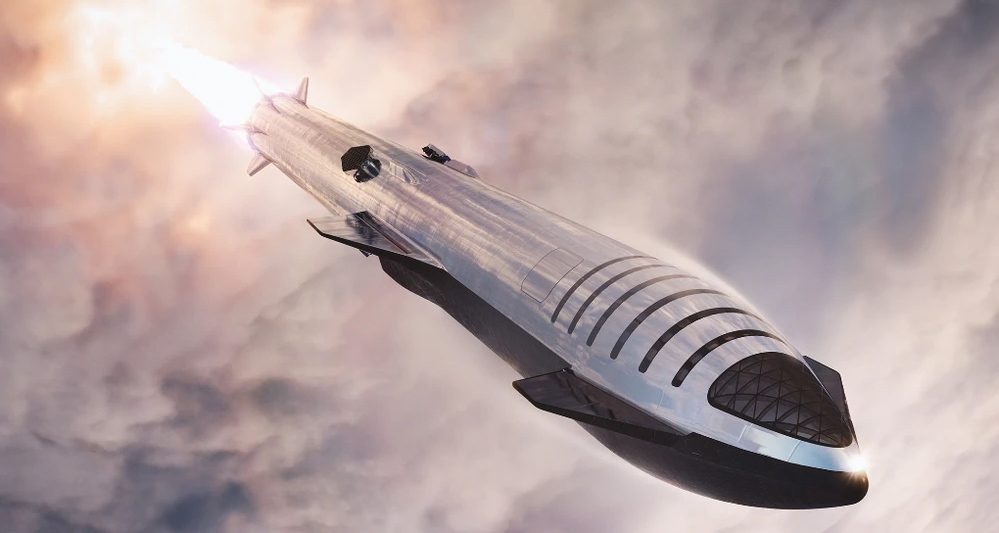
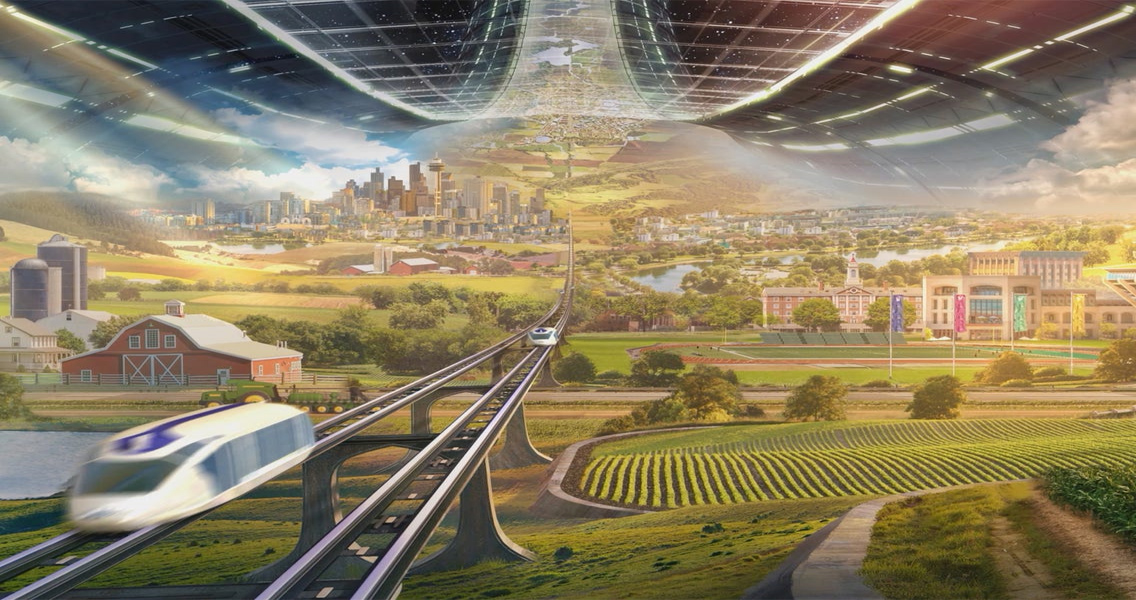

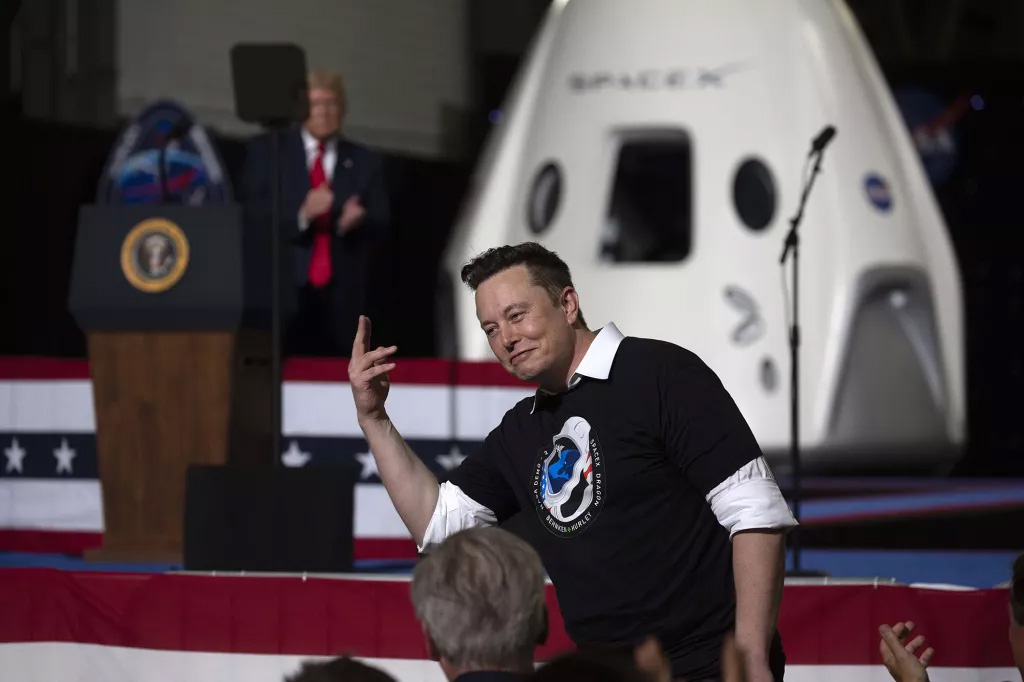
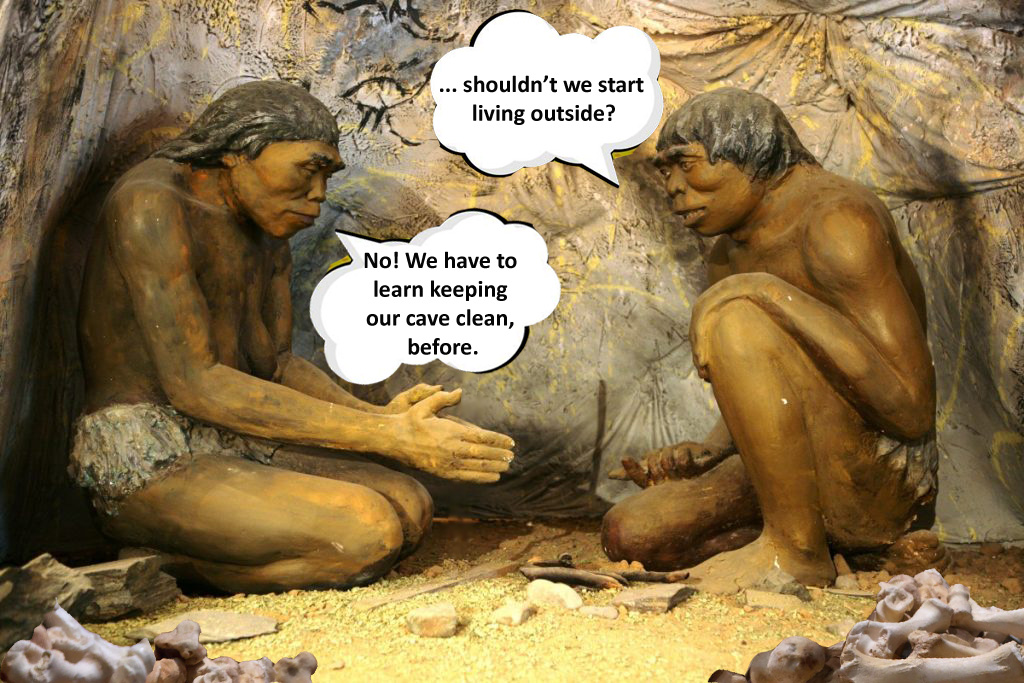
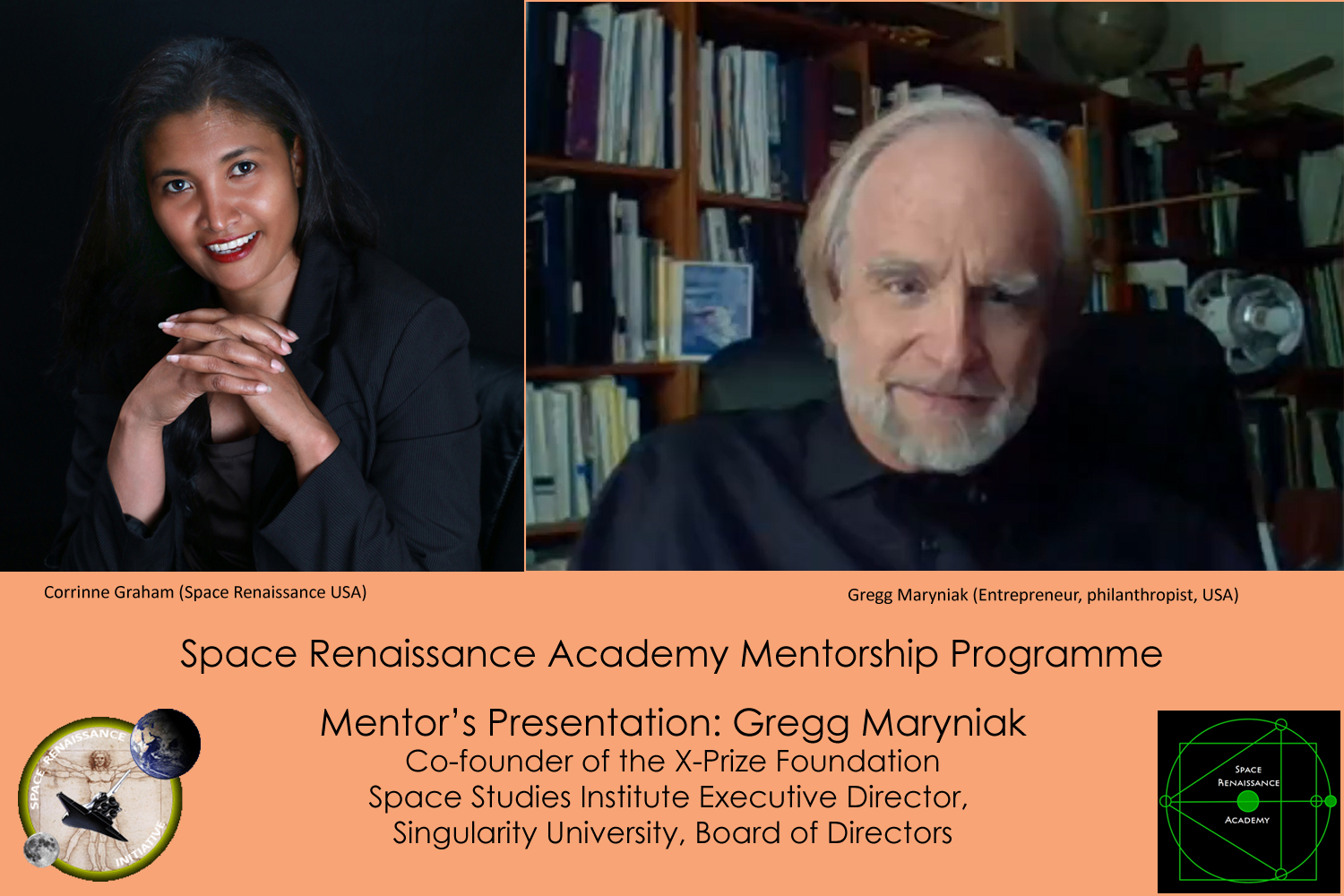


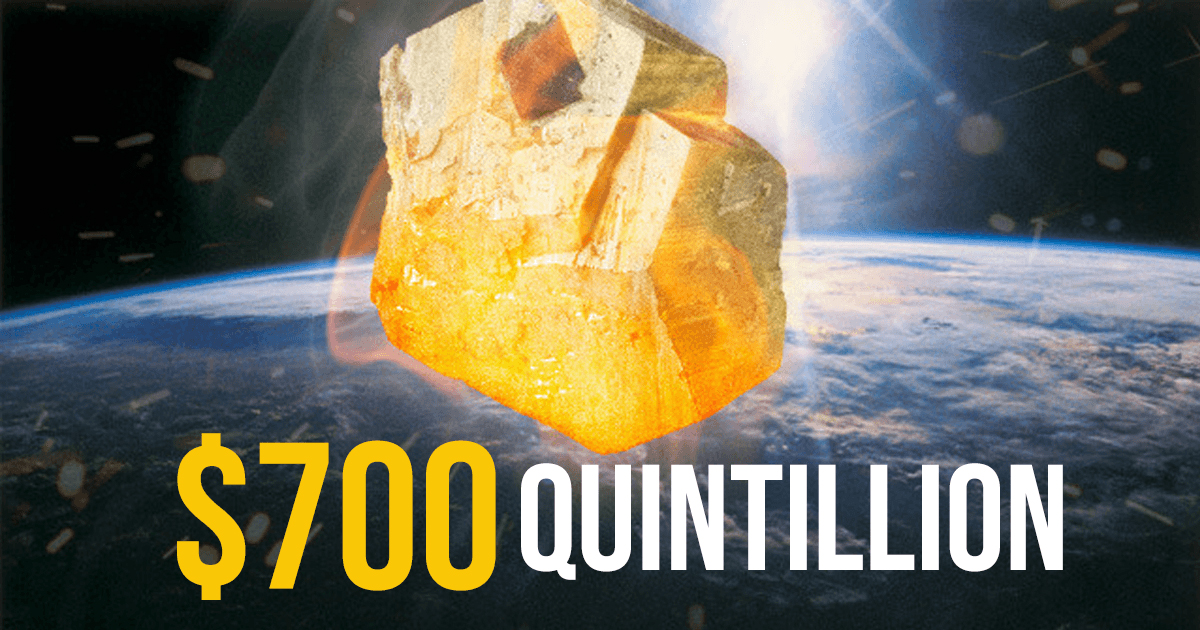

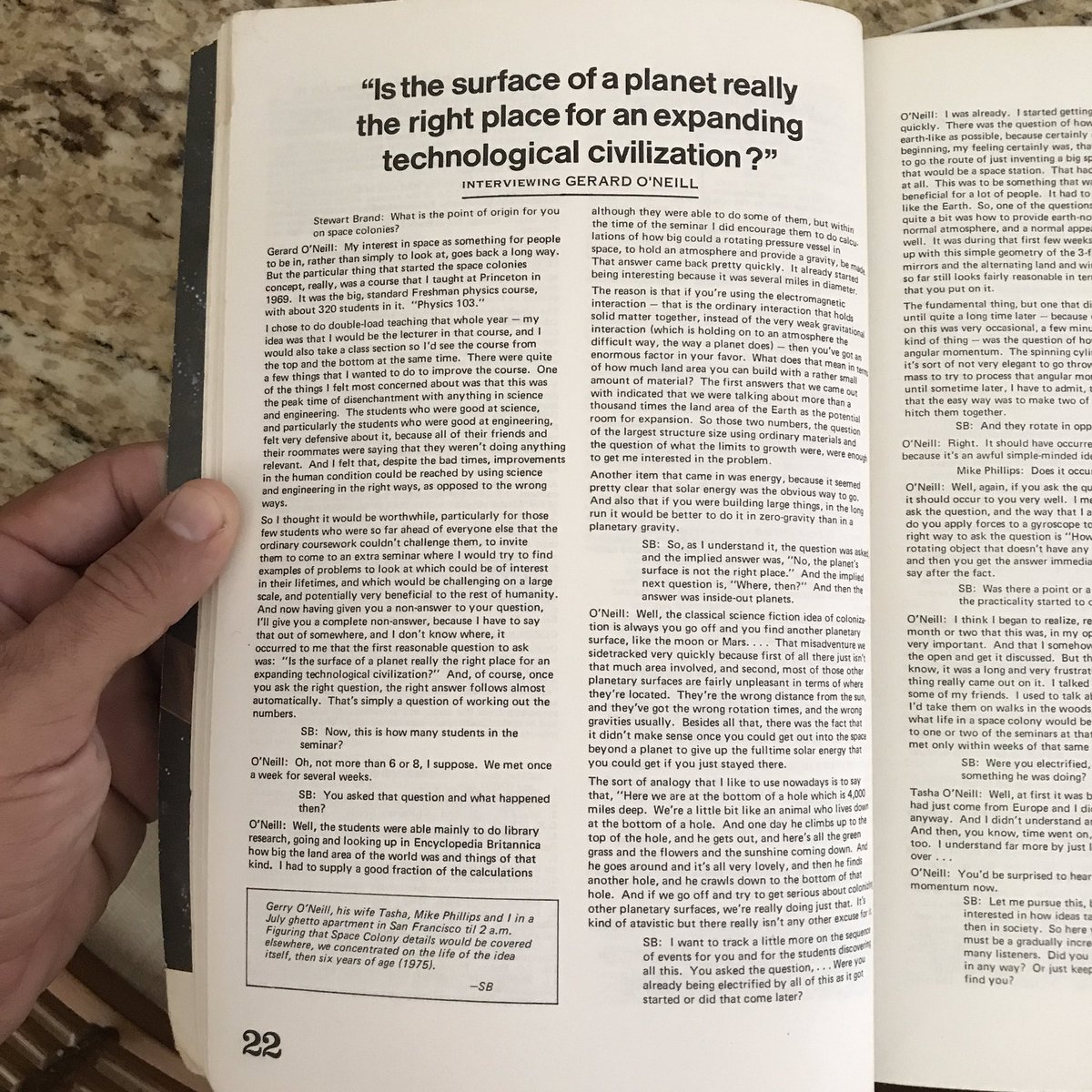
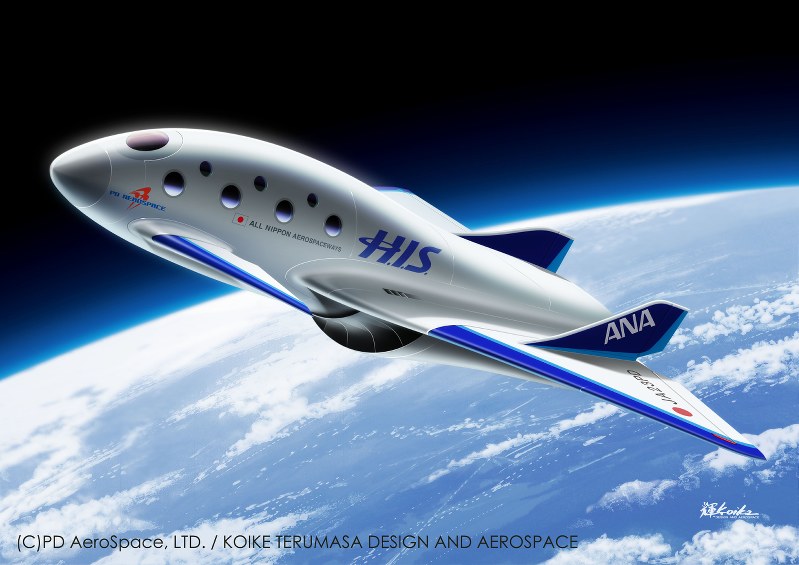



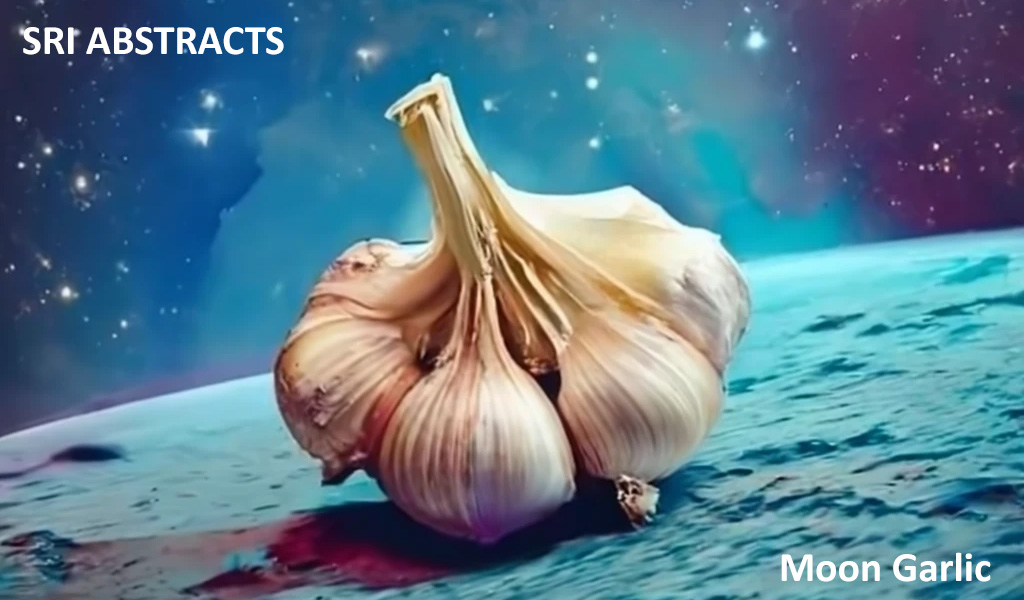





 Space Renaissance France (French Chapter of SRI)
Space Renaissance France (French Chapter of SRI)  Space Renaissance USA, Inc. (USA Chapter of SRI)
Space Renaissance USA, Inc. (USA Chapter of SRI) Space Renaissance (Italian Chapter of SRI)
Space Renaissance (Italian Chapter of SRI) Space Renaissance Academy
Space Renaissance Academy Space Renaissance Initiative Group
Space Renaissance Initiative Group